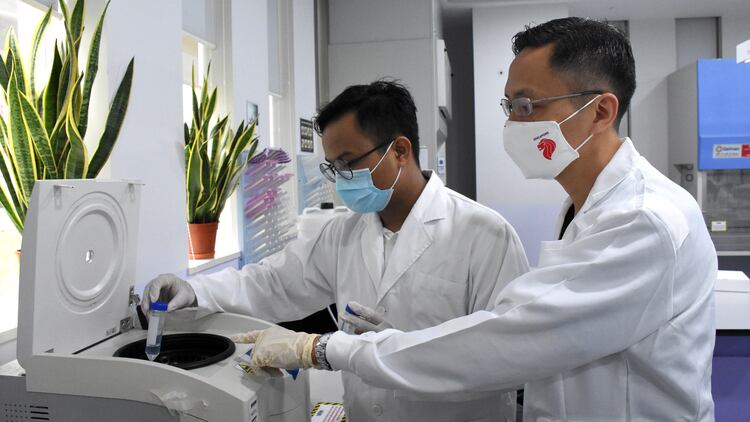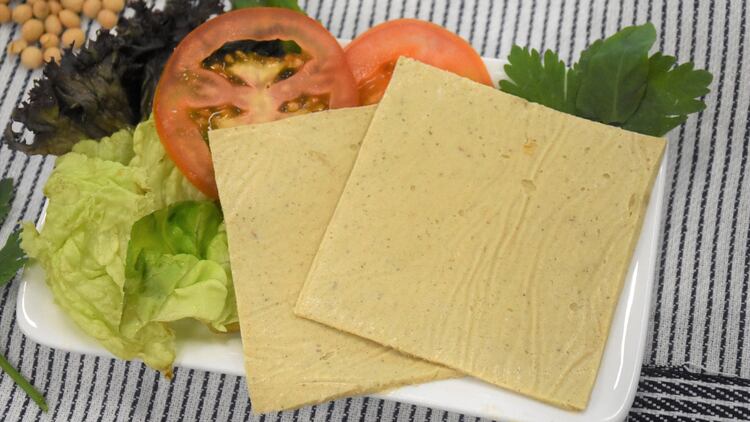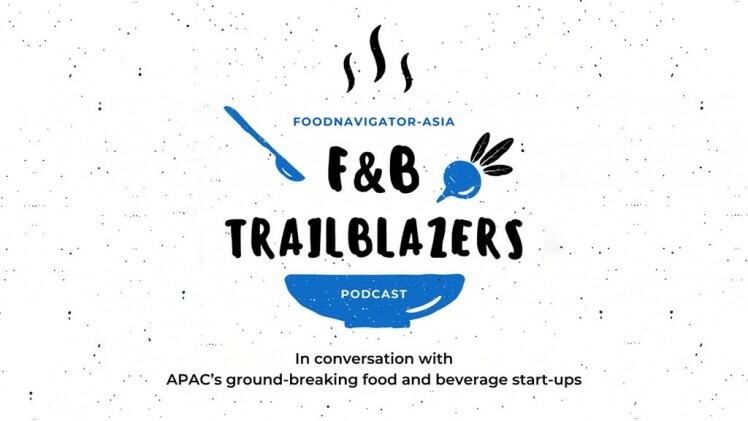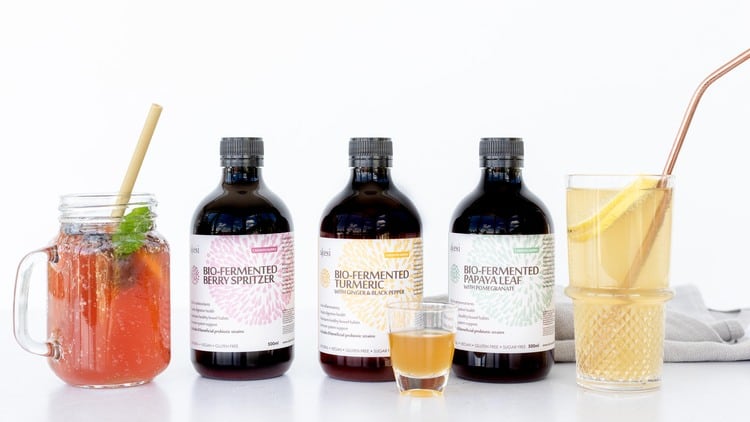Republic Polytechnic (RP) and VC subsidiary SoiLabs would then commercialise the products in sliced, cream and soup formats to markets across the region and beyond.
SoiLabs is a firm under Hafnium Ventures, the foodtech arm of investment firm Hafnium Hafaway.
Hafnium Ventures and RP signed a Memorandum of Understanding (MoU) recently, with the former injecting a seed capital of SG$200,000 (US$144,000) towards the initiative.
Partner and Executive Director at Hafnium Hafaway, Francis Tan, said soy cheese is in a unique position within the fast-evolving alternative protein space worldwide. According to Tan, the vegan dairy market is estimated to be worth US$2.5bn in 2022, with a CAGR of 12.6% leading to 2030.
“The vegan and vegetarian segment might be small in relation to the whole world, but there is a white space for vegan cheese, especially in Asia and Europe. I won’t claim that we have a solution regarding scalability and affordability. But we must create a way of working for the future of food. We need agile outfits that can take the technology, test it, scale, find workable solutions and work with regulations. We hope to become part of the ecosystem’s solutions,” he said.
Proprietary technology
The soy cheese project involves 15 final-year RP students supervised by lecturers Dr Ritu Bhalla, Dr Mervyn Yeo and Dr Heng Kiang Soon. According to Dr Heng, Singapore produces 30 tonnes of wet okara daily, but it is mostly discarded as food waste or recycled as animal feed. However, these actions lead to economic loss and environmental issues.
Moreover, okara contains “a significant amount” of dietary fibre, protein and phytonutrients, but its reusability as human food is limited due to the high amount of indigestible fibre. Therefore, RP has devised proprietary technology to convert okara into functional food ingredients to formulate soy cheese.

“Compared to a commercial dairy cream cheese sample, the soy version contains higher protein, dietary fibre and antioxidant levels. The findings imply that soy cream cheese is a healthier alternative. The soy cream soup has a significantly lower amount of sodium and sucrose than commercial ones. It also has significantly higher potassium and calcium. Last, the sliced ‘cheese’ has a significantly lower amount of sodium and sucrose level than commercial dairy versions,” said Dr Heng.
Elaborating on the fibre content, the director of SoiLabs, Dr Mauro Catellani, said that the fibres in okara are long and indigestible. With the natural treatment created by RP, the okara fibres are transformed into fibres digestible by humans. The firm is also open to adjusting the three SKUs to cater to different palates.
“Soy derivatives are more popular in Europe. Europe is an interesting market open to vegetarian products that are low or contain zero saturated fats. Soy cheese can healthily replace dairy and is highly popular now. Hence, we are currently in touch with several European producers, customers and partners to bring this project forward,” said Dr Catellani, a chemical engineer by training.
In conclusion, Dr Heng said RP lecturers and students are also working on other upcycling projects to use in diverse applications, for instance, insect proteins, spent coffee grounds, fruit peels, sugarcane bagasse, tea and coffee pulp, and corn cobs. Such by-products are upcycled into products that could be used as fish feed, hydrochar for water treatment, organic liquid nutrients for hydroponic farming, bio-composites, myco-composites and anti-microbial agents.
Proteins, probiotics and healthy ageing are major focus areas of our upcoming Growth Asia Summit in Singapore from 11 to 13 October. Check out big-name brands, international experts and pioneering start-ups slated to present here.




